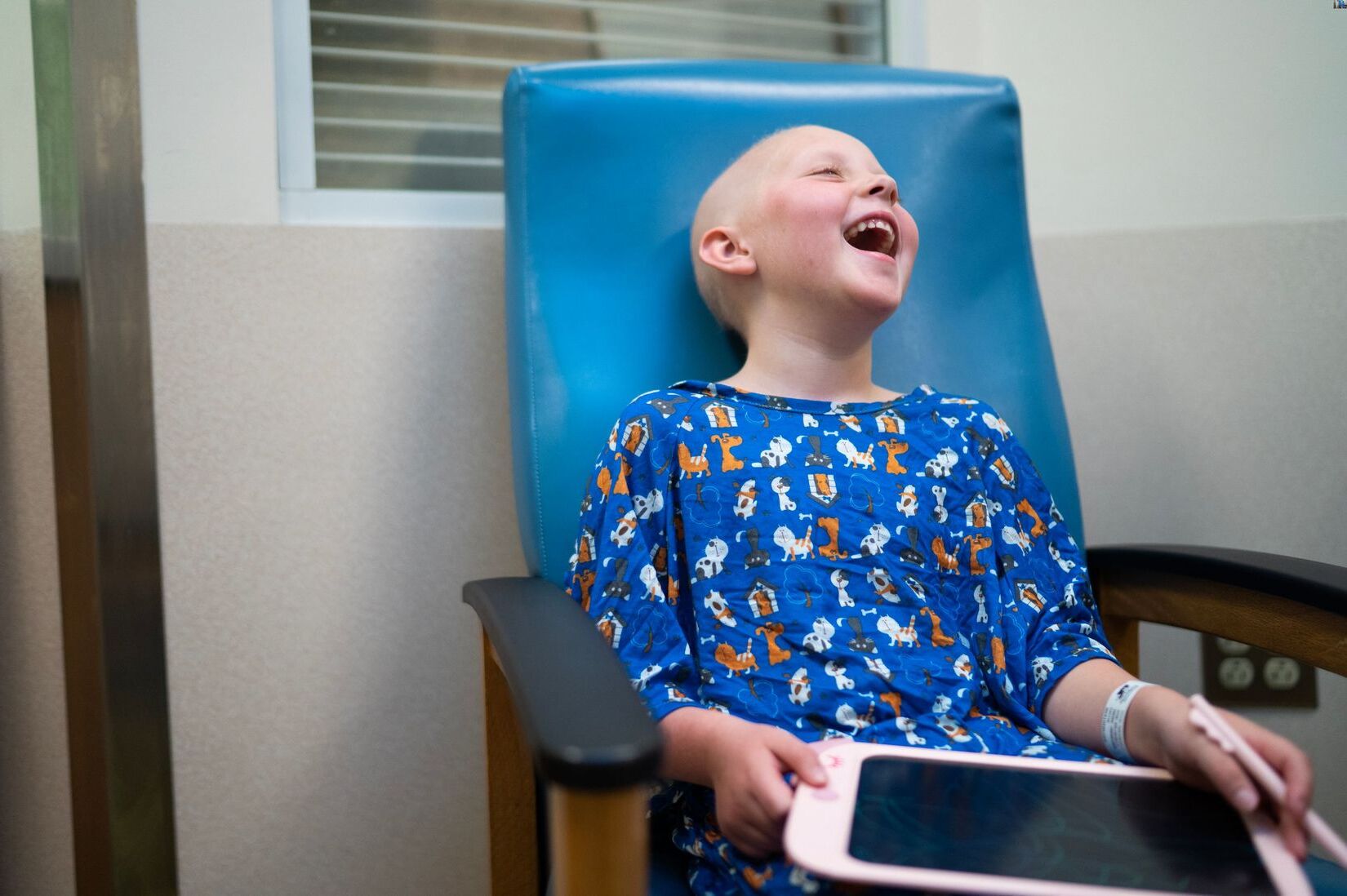
Heart tumors in children are rare but serious conditions that can affect a child's health and development. These growths can be benign or malignant, and their impact varies based on size, location, and type. Understanding heart tumors is crucial for parents, caregivers, and anyone involved in pediatric care. This blog post will provide 25 essential facts about heart tumors in children, covering everything from symptoms and diagnosis to treatment options and prognosis. Whether you're a concerned parent or just curious, these facts will help you grasp the basics of this complex medical issue. Let's dive into the world of pediatric heart tumors and uncover the vital information you need to know.
Key Takeaways:
- Heart tumors in children are rare, usually benign, and may not cause symptoms. Regular check-ups and early detection are crucial for better management and treatment.
- Genetic factors, family history, and regular monitoring play a role in understanding and managing heart tumors in children. Awareness and support are key for families facing this condition.
Understanding Heart Tumors in Children
Heart tumors in children are rare but serious. These growths can affect the heart's function and overall health. Let's dive into some essential facts about this condition.
- Heart tumors in children are uncommon, occurring in about 0.17% of pediatric patients.
- Most heart tumors in children are benign, meaning they are not cancerous. The most common type is rhabdomyoma.
- Rhabdomyomas often shrink on their own. These tumors can decrease in size as the child grows.
- Malignant heart tumors are extremely rare in children. When they do occur, they are usually sarcomas.
- Symptoms vary widely. Some children may have no symptoms, while others might experience heart murmurs, arrhythmias, or heart failure.
- Echocardiograms are the primary diagnostic tool. This ultrasound test helps doctors visualize the heart and detect tumors.
- MRI and CT scans provide detailed images. These imaging techniques offer more information about the tumor's size and location.
- Genetic factors can play a role. Certain genetic conditions, like tuberous sclerosis, increase the risk of heart tumors.
- Surgery is often required for symptomatic tumors. Removing the tumor can alleviate symptoms and prevent complications.
- Some tumors can be managed with medication. Drugs may help control symptoms or shrink the tumor.
- Regular monitoring is crucial. Children with heart tumors need ongoing check-ups to track any changes in the tumor.
- Heart tumors can affect any part of the heart. They might grow in the heart's chambers, valves, or walls.
- Tumors can interfere with blood flow. This can lead to complications like heart failure or stroke.
- Early detection improves outcomes. Identifying tumors early allows for better management and treatment.
- Heart tumors can recur. Even after treatment, there's a possibility that tumors might return.
- Family history matters. A family history of heart tumors or related conditions can increase a child's risk.
- Heart tumors can be detected before birth. Fetal echocardiograms can identify tumors in unborn babies.
- Symptoms can mimic other conditions. Heart tumors might be mistaken for other heart diseases or respiratory issues.
- Tumor size doesn't always correlate with symptoms. Small tumors can cause significant problems, while large ones might be asymptomatic.
- Heart tumors can affect heart rhythm. Arrhythmias or irregular heartbeats are common in children with heart tumors.
- Some tumors are associated with other syndromes. Conditions like Carney complex can include heart tumors as part of their symptoms.
- Heart tumors can impact growth and development. Severe cases might affect a child's overall health and growth.
- Research is ongoing. Scientists are continually studying heart tumors to find better treatments and understand their causes.
- Support groups can help families. Connecting with others who have similar experiences can provide emotional support and practical advice.
- Awareness is key. Understanding the signs and risks of heart tumors can lead to earlier diagnosis and better outcomes.
Final Thoughts on Childhood Heart Tumors
Childhood heart tumors, though rare, are serious. They can impact a child's health in many ways. Early detection and treatment are crucial. Symptoms like chest pain, shortness of breath, or fainting shouldn't be ignored. Regular check-ups and being aware of family medical history can help catch issues early. Treatment options vary, from surgery to medication, depending on the tumor's type and location. Advances in medical technology continue to improve outcomes for affected children. Support from family, friends, and healthcare professionals plays a vital role in a child's recovery. Remember, knowledge is power. Staying informed about heart health can make a big difference. If you suspect something's wrong, don't hesitate to seek medical advice. Early intervention can save lives. Let's work together to ensure every child has a healthy heart.
Frequently Asked Questions
Was this page helpful?
Our commitment to delivering trustworthy and engaging content is at the heart of what we do. Each fact on our site is contributed by real users like you, bringing a wealth of diverse insights and information. To ensure the highest standards of accuracy and reliability, our dedicated editors meticulously review each submission. This process guarantees that the facts we share are not only fascinating but also credible. Trust in our commitment to quality and authenticity as you explore and learn with us.
